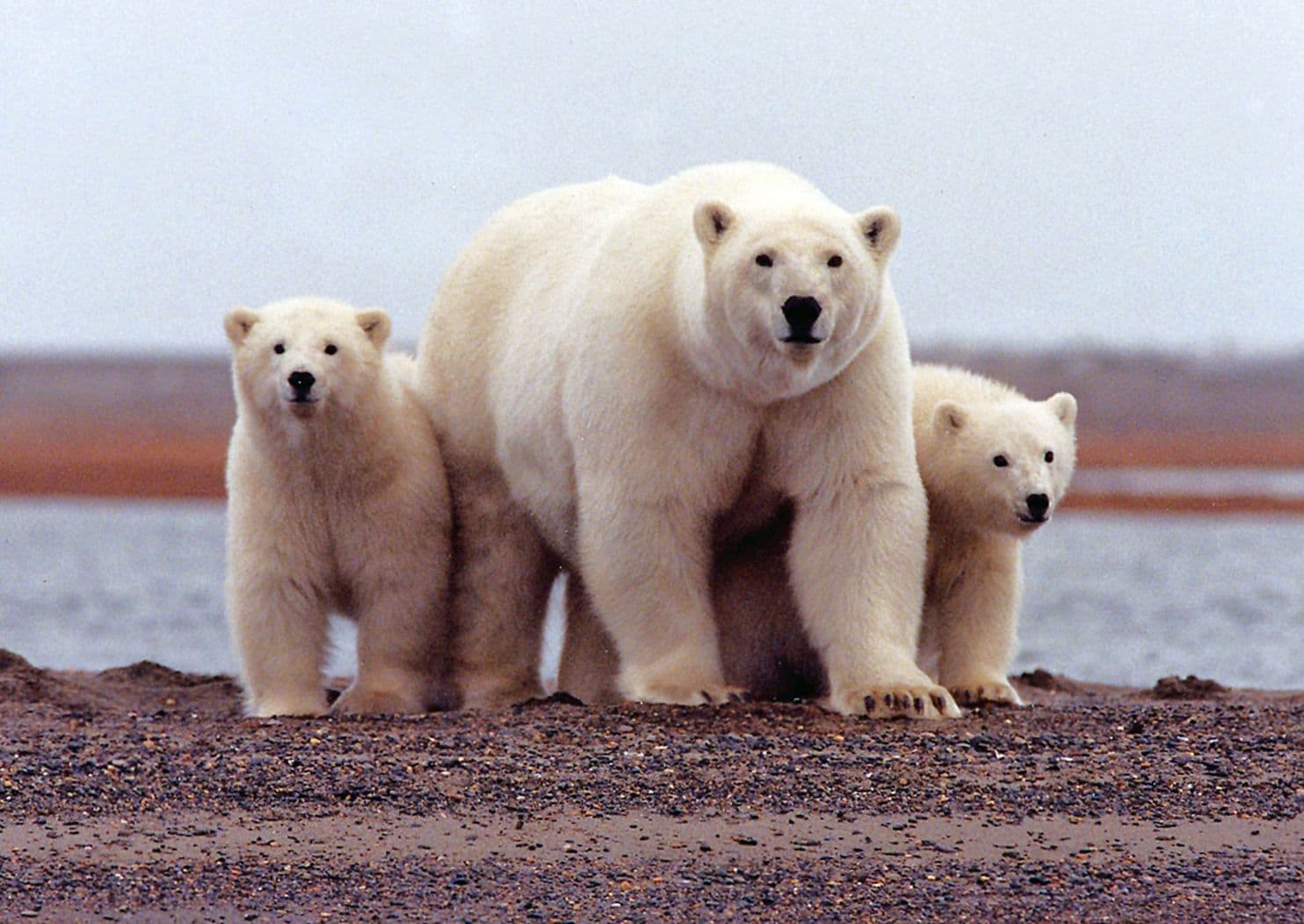Oil Drilling May Destroy America’s Final Frontier
Gallery

The election of Donald Trump in 2016 injected new life into Republicans who believe that the United States government should lift the law set by Congress to protect over 35 thousand square miles of land. The Arctic National Wildlife Refuge, established in 1980, was set aside in order to ensure the long term survival of iconic animal species like polar bears, grey wolves and arctic foxes. Today, it stands as one of the increasingly rare spaces on Earth where less carbon dioxide is emitted into the atmosphere.
According to the England Forestry Commission, young trees absorb large amounts of carbon dioxide from the atmosphere as they grow. This process is essential in maintaining a healthy ozone, especially in a world plagued by pollution. Drilling in this area which houses so much life could have detrimental effects on not only the surrounding wildlife, but the entire world.
Any project involving the extraction of oil comes with the risk of an accident, something we humans are all too familiar with. The 79 million gallons of oil that spilled off the coast of South Africa in 1983 and the 206 million gallons which permeated the Gulf of Mexico in 2010 are prime examples of what can happen when companies do not follow all of the necessary precautions that come with such large operations.
Imagine an event like this taking place in the refuge which is filled with numerous river systems that all feed into lakes and the nearby Arctic Ocean. The devastation of such an event would be immeasurable. Thousands of plants and animals would be killed on land and in the sea.
The opposition may be keen to point out that this scenario is strictly hypothetical. Tom Collier, CEO of the Pebble Partnership, and a massive supporter of the drilling says, “We’ve done a hell of a lot to minimize the possibility of their being an accident on the site.” Supporters of the drilling have every right to feel this way, and their thought processes are not necessarily wrong. The problem is that nothing is guaranteed and mining companies have proven on numerous occasions that these accidents are not always preventable.
As previously alluded to, the authorization of this drilling was only brought back to life when Donald Trump moved into office, so it is only fair to include his opinion on this matter as well. In 2012, Trump tweeted “The concept of global warming was created by and for the Chinese in order to make U.S. manufacturing non-competitive.” First of all, the drastic changes in weather patterns over the last six years have certainly proven that notion invalid. And second, if that is the sort of logic behind the most powerful supporter of the drilling, there should not be much of a discussion. Rising sea levels, extreme weather, rising temperatures around the globe and shrinking ice sheets are all very clear indicators that prove anyone who denies the existence of climate change wrong.
The United States is the second biggest contributor to global warming after China, based on research conducted by the Natural Resources Defense Council in 2016. With that in mind, it is probably not in our best interest to further destroy our country’s natural resources while extracting more oil which will be used to create even more pollution.
The Arctic National Wildlife Refuge is the biggest national park in America. It is home many native tribes and millions of species that play an integral role in our planet’s ability to sustain life. In order for the companies to drill, they will have to clear space, which means natural habitat for grazing caribou, grizzly bears, and a bevy of other animals must be destroyed. Then the mining will begin, causing further disturbance to the surrounding wildlife and the removal of essential minerals which the ecosystem depends on.
As Theodore Roosevelt stated in 1903 when he established the first national park: “The nation behaves well if it treats the natural resources as assets which must turn over to the next generation increased, and not impaired, in value.” This quote stands more relevant today than ever before because these areas have become increasingly rare, making them more and more essential for the long-term survival of all species, humans included.
